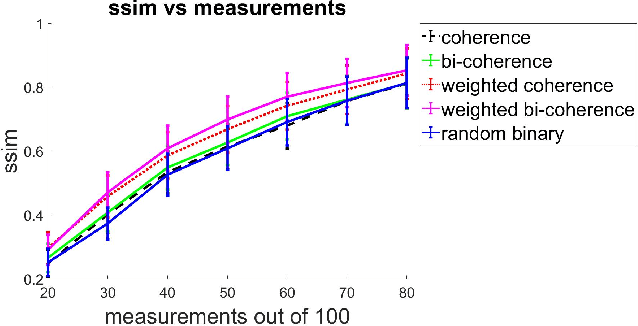Ameya Anjarlekar
LLM Unlearning using Gradient Ratio-Based Influence Estimation and Noise Injection
Aug 08, 2025Abstract:The growing legal and ethical scrutiny of large language models (LLMs) necessitates effective machine unlearning, particularly for sensitive or unauthorized data. Existing empirical methods often yield incomplete forgetting or unintended degradation of unrelated knowledge due to poor localization. In this work, we propose GRIN: a modular and targeted framework for LLM unlearning. GRIN introduces a novel gradient-ratio-based metric to identify parameters most responsible for memorizing forget data. We then perform selective noise injection into these parameters prior to fine-tuning, which improves unlearning performance while maintaining model utility. Finally, we propose new evaluation metrics tailored to the LLM setting and validate our approach on standard benchmarks such as TOFU, WMDP, and SafePKU.
Striking a Balance: An Optimal Mechanism Design for Heterogenous Differentially Private Data Acquisition for Logistic Regression
Sep 19, 2023Abstract:We investigate the problem of performing logistic regression on data collected from privacy-sensitive sellers. Since the data is private, sellers must be incentivized through payments to provide their data. Thus, the goal is to design a mechanism that optimizes a weighted combination of test loss, seller privacy, and payment, i.e., strikes a balance between multiple objectives of interest. We solve the problem by combining ideas from game theory, statistical learning theory, and differential privacy. The buyer's objective function can be highly non-convex. However, we show that, under certain conditions on the problem parameters, the problem can be convexified by using a change of variables. We also provide asymptotic results characterizing the buyer's test error and payments when the number of sellers becomes large. Finally, we demonstrate our ideas by applying them to a real healthcare data set.
A Weighted Generalized Coherence Approach for Sensing Matrix Design
Oct 06, 2021



Abstract:As compared to using randomly generated sensing matrices, optimizing the sensing matrix w.r.t. a carefully designed criterion is known to lead to better quality signal recovery given a set of compressive measurements. In this paper, we propose generalizations of the well-known mutual coherence criterion for optimizing sensing matrices starting from random initial conditions. We term these generalizations as bi-coherence or tri-coherence and they are based on a criterion that discourages any one column of the sensing matrix from being close to a sparse linear combination of other columns. We also incorporate training data to further improve the sensing matrices through weighted coherence, weighted bi-coherence, or weighted tri-coherence criteria, which assign weights to sensing matrix columns as per their importance. An algorithm is also presented to solve the optimization problems. Finally, the effectiveness of the proposed algorithm is demonstrated through empirical results.
 Add to Chrome
Add to Chrome Add to Firefox
Add to Firefox Add to Edge
Add to Edge